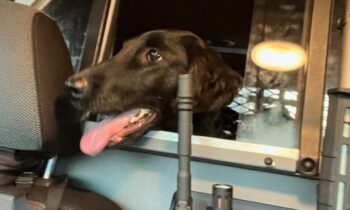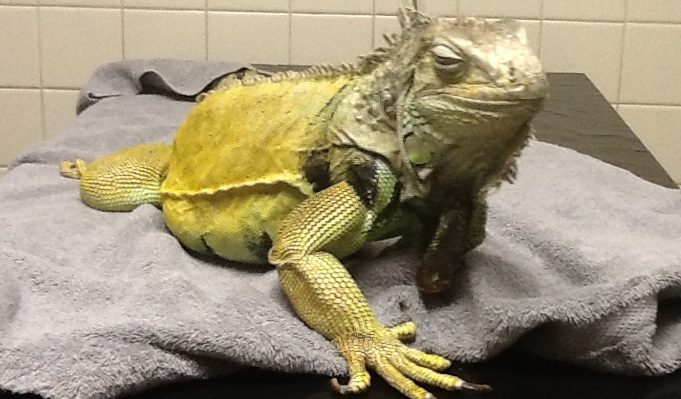
We’ve discussed the topic of choosing a veterinarian in two articles this month. In today’s, the third article on the topic, we hear from animal professionals about their personal considerations in choosing a veterinarian for their own animals.
Then, a veterinarian talks about the importance of a good fit in the veterinarian/patient/client relationship . . . and about how a good fit can be found.
I asked, “What are important considerations when you’re choosing a new veterinarian, for whatever reason, for a pet of your own? What would you encourage a novice pet guardian (any sort of pet) to look into and to think about when they’re deciding where to take a new pet for veterinary care?”
What do animal professionals expect from their own pets’ veterinarians?
The best, it seems—and they expect respect of their own expertise. They want to work as a team with their veterinarian and the clinic’s whole staff in the care of their own animals.
Debby McMullen (Pennsylvania) [I expect] that they listen to my concerns and opinions and take them seriously. I do not want to have a condescending veterinarian. I don’t come in uninformed. I respect experts when experts respect dog parents who have more of a clue than some.
Amy Cowley (United Kingdom) Knowing how to handle a reactive dog! [I] have five dogs and one of them is reactive, and our vet is amazing at understanding his anxiety.
Jenny Julian (Oregon) [I] respect the vet’s expertise and [I] expect a vet to treat me and my knowledge of my dog and medical issues with respect.
[I want to] find a vet who works with me as a team in my dog’s care. If I read their notes, [I don’t want to find] notes about me indicating a lack of respect.
Vets who manage fearful pets well and humanely.
Vets who respect my choices—for example, raw feeding—and who do not push the foods sold by vets.
Vets whose businesses during COVID allowed for care of my rescues and pets.
Vets that do not upsell for profit.
I do a lot of education with younger or new adopters about choosing a vet.
Laurie Schlossnagle (Utah) A vet who will listen to both me and my dog. A vet who will understand that I muzzle my sensitive dog for reasons other than aggression. A vet who will have an actual back-and-forth conversation with me. A vet who will respect my skill set as a trainer in the same way I respect his or hers!
Kati Paulsen Morneau (California) Breed-specific knowledge. We have greyhounds, so we feel comfortable with a vet who knows their issues.
Sarah Adams (Oregon) I look for vets who are free with the dog treats, are willing to do basic stuff like a fecal test on request without insisting on seeing the dog first (once a relationship is established), and who don’t mind that I occasionally breed my dogs.
Those are the three questions I asked before picking a new vet earlier this year.
I would have thought the first one was a no-brainer, but I had a vet that didn’t even give treats to the two adorable puppies I brought in for second vaccinations—and those were the only dogs of mine that ever acted fearful at the vet. I managed to get Kiki turned around with the help of a fear-free–certified vet, but I don’t want that hassle again.
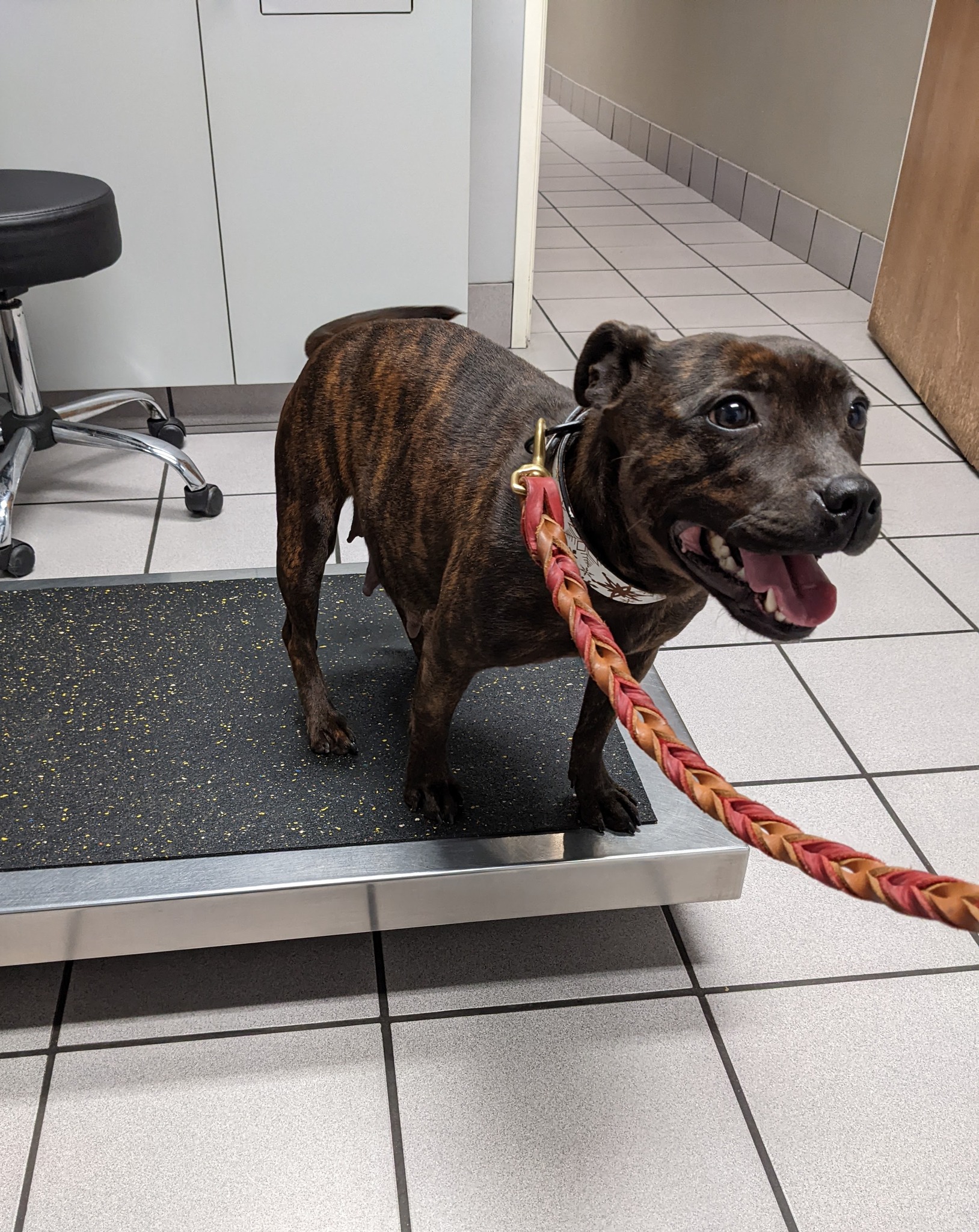
Photo by Sarah Adams
Jessica Theisen de Gonzalez (New York) I’ve had the same vet for 35 years. I travel forty minutes to get to the clinic. I like this vet because he’s great with animals, will discuss advances in medicine that pertain to my pets, gives me options about care and treatment issues, from basic to pull-out-all-the-stops, without judgment. I trust his referrals and use the animal hospital he recommended. If I were to change vets, I want to find a fear-free–certified provider—but not just the vet, the techs as well. I am TNR (trap-neuter-return) and fear-free certified. I transported my senior cat last year in a carrier (that she was crate-trained to freely enter) that was placed in a bag to dial down the stressors of transit. (Cats are calmer if they can’t see what’s going on.) It was summer, and I monitored how she was doing while we waited outside. One tech was outraged that I had the cat waiting like this and angrily snatched her up. I was fine with the cat being indoors, but concerned about the tech’s obviously not being fear-free. The vet was embarrassed by her response, and apologized. I didn’t see the tech again on following visits.
Jackie Pritchard (Ontario) Mutual respect and open-ended two-way communication, along with an understanding of how holistic veterinary medicine complements traditional veterinary practices. I’ve been fortunate enough to have all these things with all my vets and am very grateful for this.
Ski Tamborski (Colorado) Our vet is retiring. She asked what my priority was for her recommending a new vet. I told her that I know she won’t recommend an unqualified vet, so a vet who will work with me treating Siri is my only concern.
Kenna Stonefern (New Hampshire) For me as a reputable breeder of show and competition dogs with eight dogs of varying ages, [I look for the] willingness to work with me as an equal who does things a bit differently than the average pet owner.
Sodonnia Wolfrom (Arkansas) Oh, boy.
Knows how to appropriately handle aggression or fear in a dog. Has a “back door” for dogs that are too contagious/aggressive/reactive to be in the lobby at all.
When asked training advice, refers out to a trainer.
Understands that I am a smart and very perceptive human. If I say something is wrong, there’s something wrong.
Not afraid to prescribe behavior meds if needed.
Allows me to be with the animal I bring in as much as possible, in exams, for vaccines, etc.
Do they also allow for natural treatments (aloe for minor burns, etc.), or is it straight to prescription meds?
What is their emergency handling like?
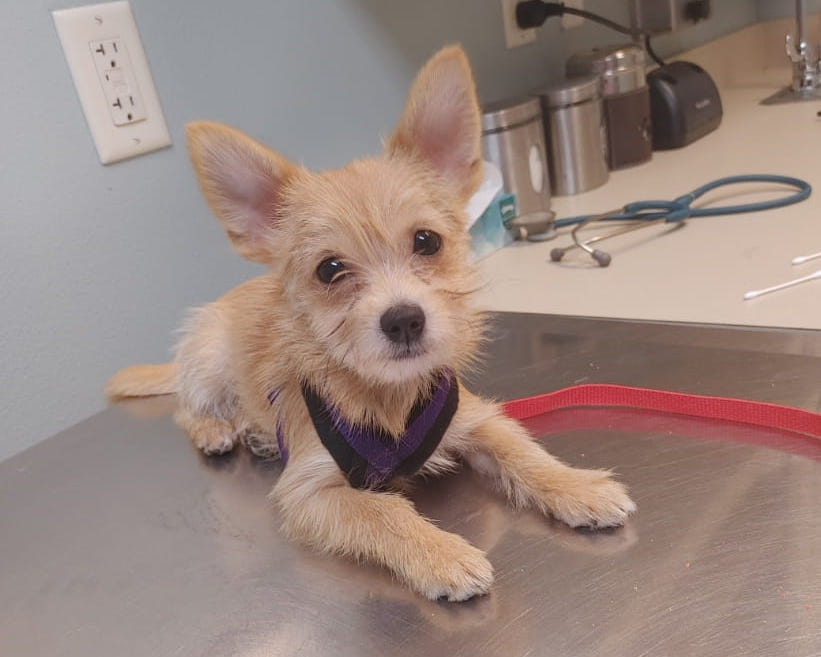
Photo by Sodonnia Wolfrom
Summer Storm Kingery DVM (North Carolina) The single most important aspect of the veterinarian/patient/client relationship is a good fit.
Not every veterinarian is a good fit for every client and patient, and not every patient or client is a good fit for a given veterinarian. Discovering a good fit may be difficult.
Reading websites, blogs, and other articles by the veterinarian may help.
Asking for copies of any policies and paperwork ahead of time may help.
Understanding oneself also helps.
I have a strong focus on community health and how pets contribute to that.
I can work with clients of various incomes, but I am not a good match for clients who claim veterinarians are “upselling” or “money hungry” because we recommend the ideal diagnostics and treatments first.
We do pretty well for clients who tell us what their limitations are, financial or otherwise.
The next most important aspect is compatible communication styles.
I prefer to explain medical care in both words and in writing, so visits typically involve handouts. I use medical terms briefly, but quickly introduce lay terms—for example, I will say, “I suspect Fluffy has gastroenteritis, which is a fancy way of saying a bad stomach and gut illness,” and [I] will remain with lay terms for most of the conversation. I will also generally give 2–3 options for testing and treatment. Typically, I give the ideal options and explain what makes them ideal, then [I give] the option that I feel will provide sufficient care for that patient.
Some clients feel as if doctors are talking down to them when we use lay terms.
Some clients feel that doctors are upselling if they recommend the ideal plan rather than the most budget-conservative plan. I also insist on telling owners all concerns, so even if the patient is here for an ear infection, if there are rotting teeth, I will mention it. Some clients feel this is offensive and [that it] is a way of condemning them for not performing dental care. A client who doesn’t like this communication style is going to feel resentful about working with me, and I am likely to become frustrated with their reactions.
Finally, a cohesive team that is consistent is critically important. When a team has the same purpose and expectations, clients and patients experience less confusion, and care is more cohesive and comprehensive.
We care about community at our hospital. That starts in the hospital by taking care of our team. Our team can then take care of our clients and help our clients take care of their patients.
Because we care about community, we can all talk about the risks of parasites and vaccination with every client. Because we care about community, we talk about quality of life, behavioral expectations, and human safety. If you read our paperwork, we talk about the community focus.
Beverley McKee (Ontario) Summer, this is wonderful. Thank you.
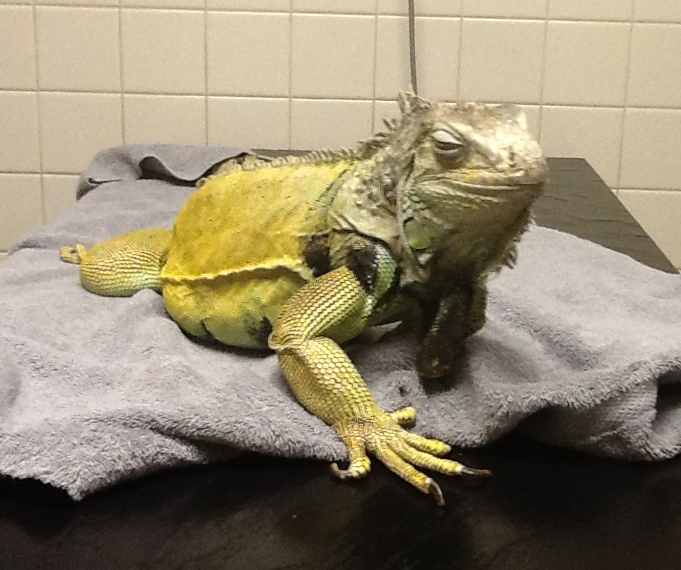
Photo by Ruth Heller
What are your expectations of your veterinarian?
Think about your own “style” as a client.
How do you best receive and process information?
How do you want information to be given to you?
Knowing your own learning style and communication preferences could help you find a good fit when you’re choosing a veterinarian for your pet.



